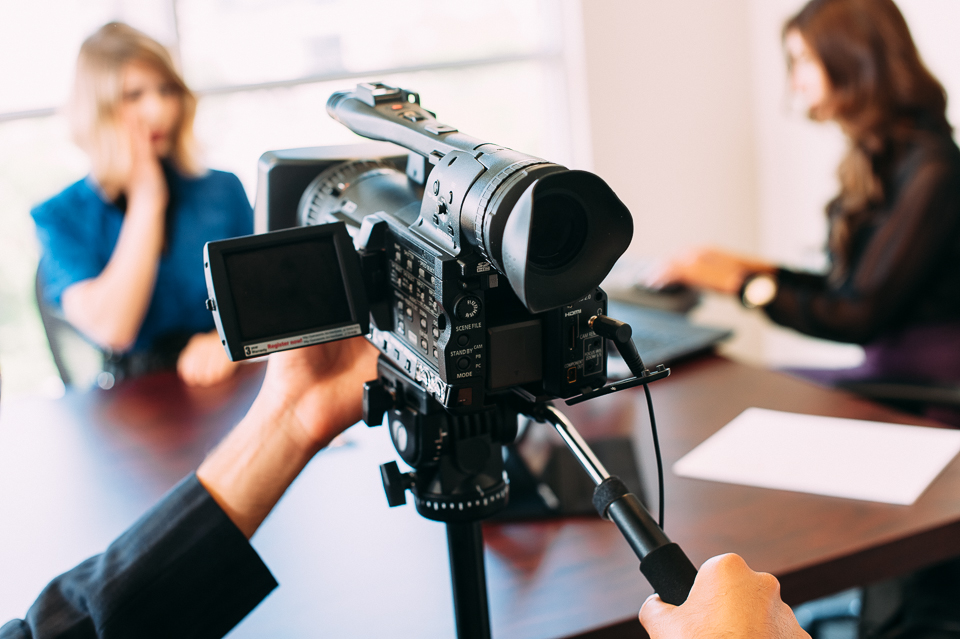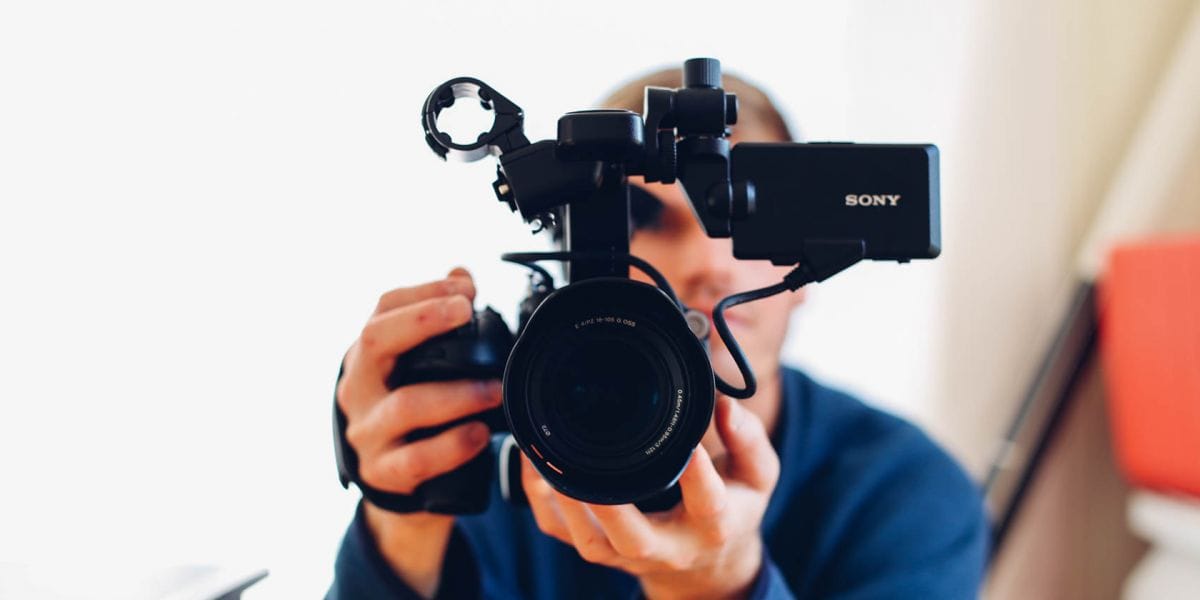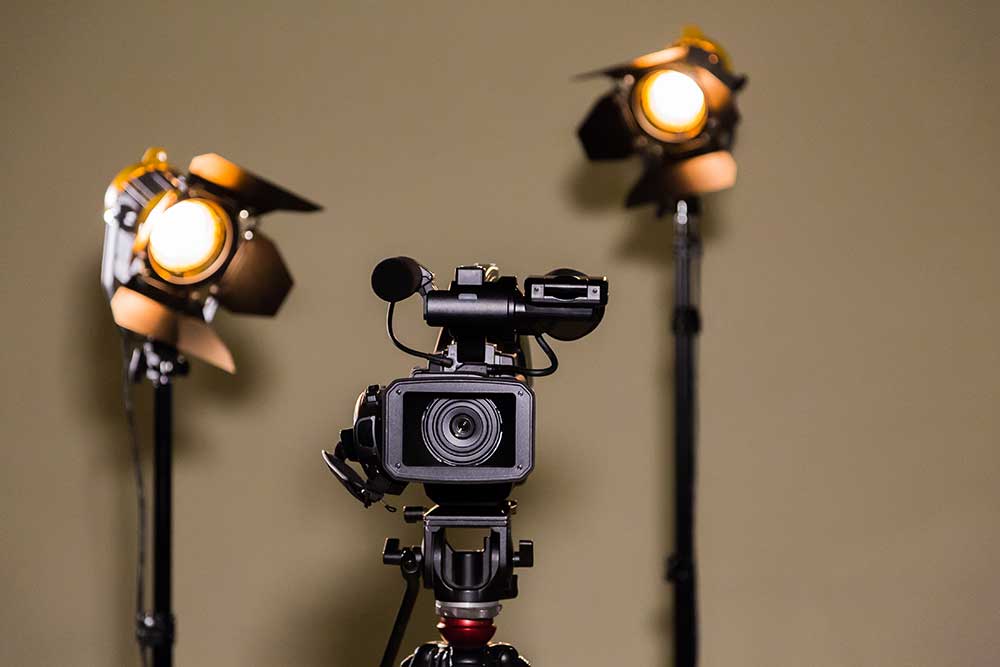Experienced Legal Videography for Capturing Accurate Evidence.
Experienced Legal Videography for Capturing Accurate Evidence.
Blog Article
The Role of Legal Videography in Depositions and Tests
Lawful videography has become an essential device in both depositions and tests, giving a multifaceted strategy to documenting witness testaments. By catching not just the spoken word yet also the nuances of non-verbal interaction, this medium enhances the reliability of testimonies and preserves critical evidence for future procedures (legal videography). As attorneys progressively identify its worth, it triggers a deeper examination of just how these aesthetic documents can affect juror understandings and trial results. What ramifications might these advancements hold for the future of lawful technique?

Significance of Legal Videography
Legal videography plays a crucial role in the documentation and presentation of depositions and trials. This specialized area integrates technical abilities with lawful understanding to create a trusted document of proceedings that can substantially affect situation end results. The aesthetic element of lawful videography boosts the understanding of witness statement, enabling jurors and judges to observe not just the talked words however also the temperament, feelings, and body language of the witnesses.
In enhancement, legal videography gives an objective account of events, lessening the capacity for misinterpretation that can happen with composed records alone. This visual documentation acts as an essential device during trial presentations, helping with a clearer and even more persuasive story for both plaintiffs and accuseds. Additionally, the ability to replay video sections during court proceedings makes it possible for lawful groups to stress bottom lines, reinforcing their arguments effectively.
The value of lawful videography expands past the court room; it likewise plays an important role in maintaining evidence for future referral, whether for charms or further lawsuit. Its combination into the lawful process is necessary for making sure a fair and exact representation of the realities, eventually contributing to the search of justice.

Refine of Legal Videography
While catching the subtleties of depositions and tests, the procedure of lawful videography includes a number of vital actions that ensure high-quality, accurate recordings. A specialist lawful videographer prepares by evaluating the case materials and comprehending the certain needs of the deposition or test. This prep work consists of familiarizing themselves with the individuals and the context, which aids in catching essential information.
On the day of the recording, the videographer establishes the needed devices, which generally includes high-definition video cameras, microphones, and appropriate illumination. Making sure ideal angles and sound high quality is vital, as it directly impacts the effectiveness of the recording. The videographer communicates with lawyers and individuals to develop methods, making certain that every person comprehends the recording process.
During the deposition or test, the videographer diligently videotapes the process, paying attention to both verbal and non-verbal signs. This consists of catching the temperament and responses of witnesses and attorneys. After the session concludes, the videographer might modify the video footage for clarity and conformity with lawful standards, generating an end product that properly shows the proceedings for future referral and use in legal contexts.
Advantages in Depositions
The incorporation of videography in depositions supplies many advantages that boost the general procedure of collecting evidence. One main benefit is the capacity to capture witness testaments with visual and acoustic fidelity, giving a much more exact representation of the witness's demeanor, tone, and body movement. This multidimensional approach permits attorneys and juries to assess reputation better than More Help standard written records alone.
In addition, videographed depositions act as an effective tool for protecting testament. Must a witness become unavailable for trial, their recorded deposition can be played in court, making sure that their proof remains easily accessible and pertinent. This aspect dramatically reduces the danger of shedding essential info that can impact situation end results.

Last but not least, videography boosts the total professionalism of the deposition procedure, instilling self-confidence in customers pertaining to the thoroughness of their lawful representation (legal videography). By leveraging innovation, attorneys can significantly improve the performance of depositions
Impact on Tests
In several tests, the combination of videography can considerably influence the discussion of evidence and the jury's assumption. Lawful videography captures witness testimonies and critical proof in a dynamic format, permitting jurors to engage with the material on numerous levels. This visual element improves the storytelling facet of a trial, providing context and psychological resonance that traditional text-based proof may do link not have.
Additionally, video recordings can act as effective tools for impeachment throughout cross-examination. When disparities develop between a witness's previous statements and their court testimony, video clip evidence provides an unbiased reference that can persuade jurors' opinions. This immediacy and quality can reinforce the credibility of an event's narrative while simultaneously threatening opposing arguments.

Future Trends in Legal Videography
As we look toward the future of legal videography, several emerging trends assure to improve its duty within the court room. One substantial pattern is the combination of expert system (AI) in video analysis and editing. AI can streamline the process of recognizing vital minutes in taped depositions, enabling attorneys to rapidly access relevant content, consequently improving effectiveness in case prep work.
In addition, the increase of virtual reality (VIRTUAL REALITY) and increased reality (AR) technologies is anticipated to link transform how jurors experience proof. legal videography. By submersing jurors in a simulated setting, these innovations can provide an extra extensive understanding of intricate circumstances, causing more educated deliberations
Moreover, the increasing demand for remote depositions, increased by the COVID-19 pandemic, will likely continue. Lawful videographers will certainly require to adapt to new software application and systems to make sure high-grade recordings in online settings.
Finally, the growing focus on data safety will demand stricter procedures for storing and sharing video clip evidence. As the lawful landscape evolves, lawful videographers should remain abreast of these trends to keep their relevance and efficiency in the judicial process.
Final Thought
In recap, legal videography serves a vital feature in the judicial procedure, boosting the integrity of depositions and trials. As technology continues to progress, lawful videography is positioned to more change its duty within the lawful landscape.
Report this page